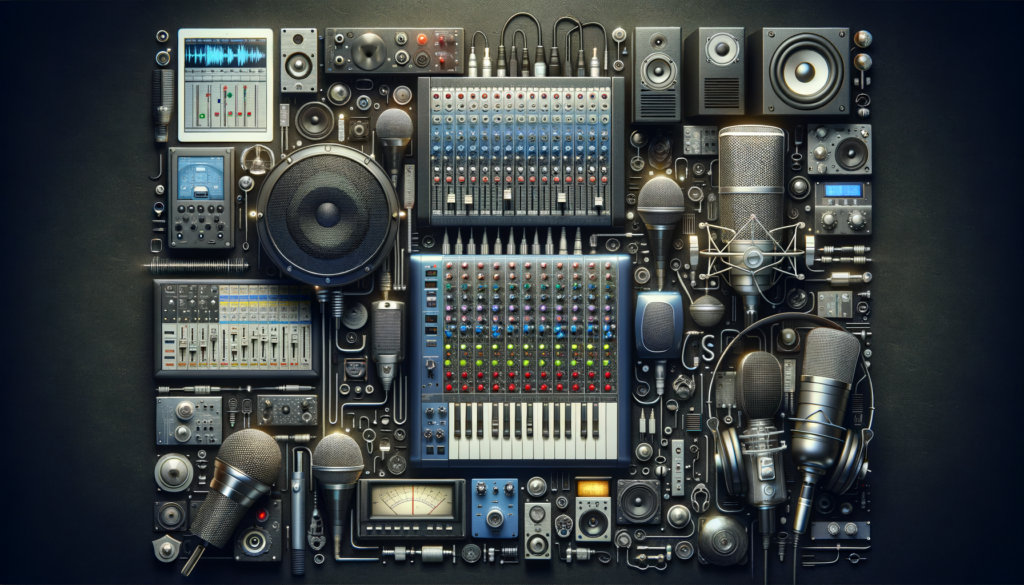The DIY & Crafts Blog

Learn Audio Engineering Basics
Introduction to Audio Engineering
Audio engineering is a fascinating field that blends creativity with technical expertise. It involves the manipulation of sound through recording, editing, mixing, and mastering to produce high-quality audio outputs. Whether you are listening to music, watching a movie, or playing a video game, audio engineering plays a crucial role in enhancing the auditory experience. This article will explore the foundational concepts of audio engineering, providing insights into the techniques and tools used by professionals in the industry.
The Role of an Audio Engineer
An audio engineer is responsible for capturing, manipulating, and producing sound. This role requires a keen ear for detail and a deep understanding of acoustics and audio equipment. Audio engineers work in various settings, including recording studios, live concerts, and film production. Their tasks can range from setting up microphones and recording equipment to mixing tracks and adding effects. A successful audio engineer must balance technical skills with creative instincts to bring an artist’s vision to life.
Essential Tools and Equipment
Audio engineers rely on a variety of tools and equipment to achieve their goals. Key components include:
- Microphones: Capture sound with clarity and precision.
- Mixing Consoles: Allow engineers to adjust levels, EQ, and effects.
- Digital Audio Workstations (DAWs): Software used for recording, editing, and mixing audio.
- Monitors and Headphones: Provide accurate sound reproduction for critical listening.
Each piece of equipment plays a vital role in the audio production process, and understanding their functions is essential for any aspiring audio engineer.
Techniques in Audio Engineering
Audio engineering involves several techniques that enhance the quality of sound. These include:
- Equalization (EQ): Adjusting the balance of frequencies to improve clarity and tone.
- Compression: Controlling the dynamic range to ensure consistent volume levels.
- Reverb and Delay: Adding depth and space to the sound.
- Mixing: Combining multiple audio tracks into a cohesive whole.
Mastering these techniques is crucial for creating professional-quality audio that resonates with listeners.
Career Opportunities in Audio Engineering
The field of audio engineering offers diverse career opportunities. Professionals can work in:
- Music Production: Collaborating with artists to record and produce albums.
- Film and Television: Creating soundtracks and audio effects for visual media.
- Live Sound Engineering: Managing sound at concerts and events.
- Broadcasting: Ensuring audio quality for radio and TV broadcasts.
With the right skills and passion, audio engineers can find rewarding careers in various sectors, contributing to the creation of compelling auditory experiences.
Conclusion
Audio engineering is an integral part of the entertainment industry, requiring a blend of creativity, technical skills, and a passion for sound. By understanding the roles, tools, and techniques involved, aspiring audio engineers can embark on a fulfilling career path. Whether working in music, film, or live events, the opportunities are vast and varied. As technology continues to evolve, so too will the possibilities in audio engineering, making it an exciting field to explore.









